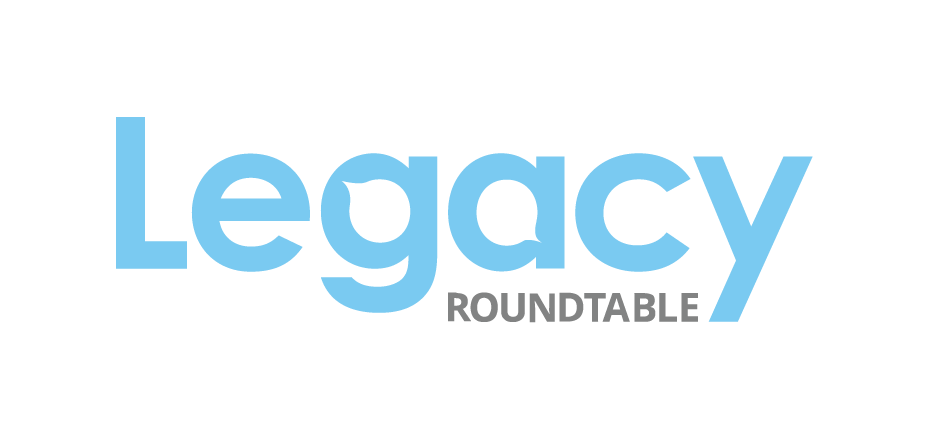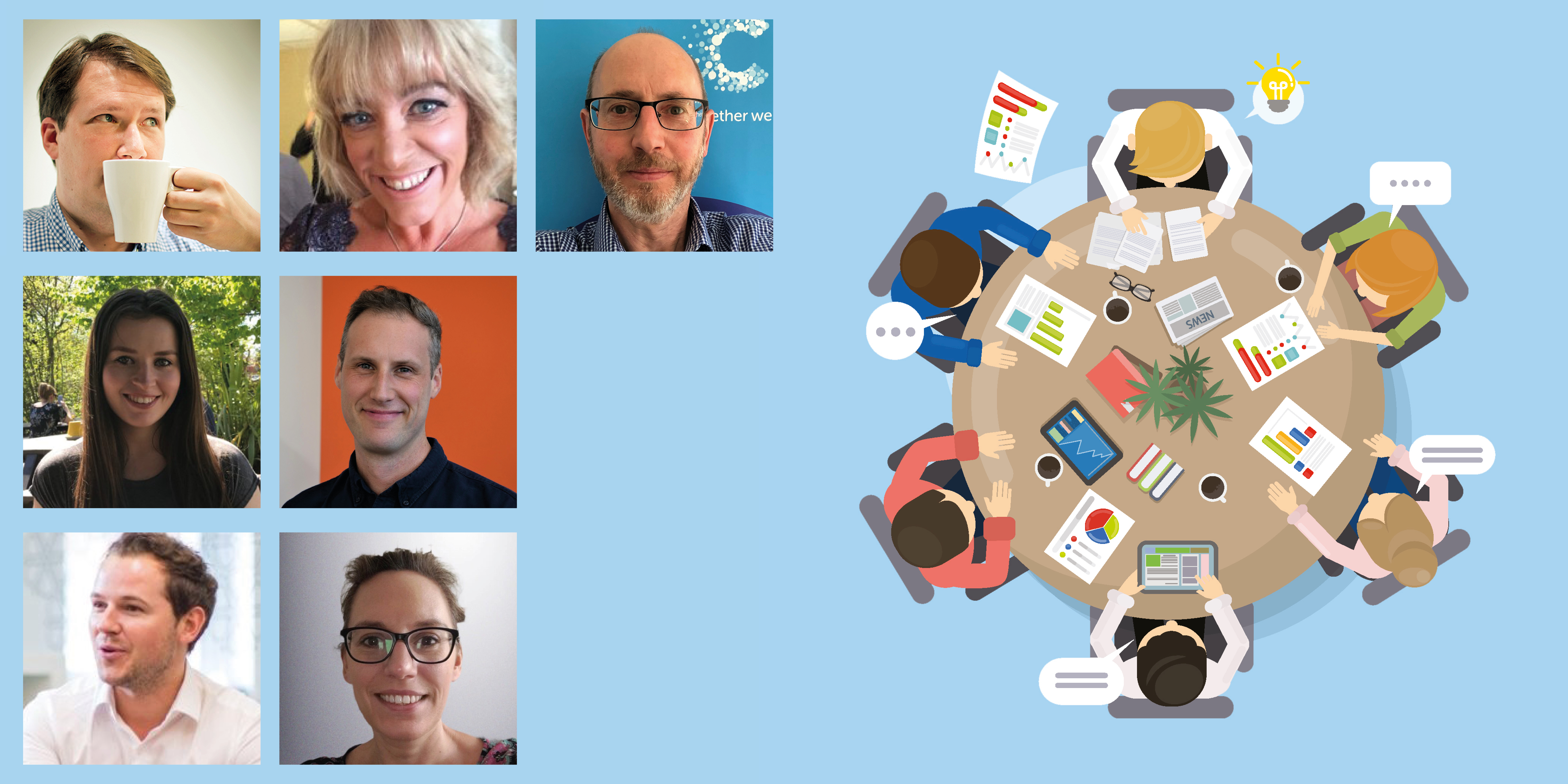Worth your weight in gold – proving the intangible (and how can you help make it happen)
Listen Now
Key Takeaways
Below is a quick summary of some of the key thoughts from our guests.
Helen Smith – Senior Legacy Manager, Cancer Research UK
Helen co-hosted this episode of the Legacy Roundtable and led discussions around the topic of KPIs within legacy fundraising and the unique skillset required to be a successful legacy fundraiser. She reflects on how legacy income has become more important in the last year because physical events could not be held and highlights their plans to take forward the different ways of working over the past year such as virtual contact for supporters, which has opened a new audience for them who were previously unable to attend physical events.
Helen suggests that it’s a great time to include legacy messaging into your communications, especially as the profile of charities has been raised in the last 6-12 months. Another key change in legacy communications is ensuring that content is tailored to a digital audience rather than a physical one. It’s important to see legacy as relationship management and supporter loyalty, rather than fundraising, and that legacy giving is a gift of trust. Therefore, a key skill for legacy teams is quickly being able to build relationships and trust, solving customer problems efficiently and making supporters comfortable.
Katie May – Gifts and In-Memory Engagement Officer, The Brain Tumour Charity
Melanie Day – Individual Giving Manager, The Brain Tumour Charity
Melanie and Katie talk about the importance of having resilience when working in legacy fundraising. You need a spend lot of time proving yourselves and proving the work is valuable which can be challenging without having immediate financial results. Trusting and having confidence in yourself and the work you’re doing is essential. Its also important to be continually learning – attending webinars, looking at Legacy Foresight reports, keeping up to date with the will-writing sector are all a part of building that confidence.
One of the biggest differences between legacy fundraising and individual giving is the timeframe as legacy has a long time between marketing going out and seeing results, whereas IG streams have a much shorter timeframe. This adds to the challenge of defining KPIs due to the uncertain nature of legacy giving. To overcome this at The Brain Tumour Charity, they think more about engagement metrics for legacy which give a view on how their messaging is landing and the long-term awareness being created.
A point both Mel and Katie make is that one of the opportunities for charities to increase their legacy fundraising is to see every supporter as a potential legator and that you’re creating a lifetime relationship. So, whether you’re fundraising for events or are on a support line, that relationship puts the supporter on a legacy journey. It’s really important to think about creating awareness by including legacy messaging throughout charity communications, framing it as a celebration of life and the impact a gift can have for many years. It’s important to remember to take advantage of the technology and use digital platforms to make legacy events accessible to more people.
Ben Eden-Davies, Assistant Head of Individual Giving, St Mungo’s
Ben draws on what he’s learnt from his time in telephone fundraising and how it applies to legacy marketing. He’s found that legacy supporters want that deeper connection and understanding of who you are as an organisation and it’s not as light touch as someone who is making a cash donation online. Although telephone fundraising has evolved over time and is used less, dialogue still has a huge part to play in engaging legacy supporters in all areas of their journey.
He talks about how with any marketing activities, you will start by defining the aims and KPIs and if there’s enough data and you’re able to build the right quant analysis from that, then you’re able to create a report which gives insight into the project. However, that’s not always possible and it’s important to look at all the different elements which come together to give insight at the end of your marketing.
To make legacy fundraising a priority and motivate peers in other departments to be part of the legacy funnel, someone from above in a leadership position has to recognise the importance of legacy and prioritise it within the organisation. It’s also important to remember that your job as marketers and fundraisers is also to sell legacy internally. Ben discusses how you can celebrate legacy supporters by using the experiences of the legacy givers to promote it and the importance of seeing legacy as marketing rather than fundraising, with messaging being drip-fed to supporters over time.
Jon Collins – Legacy Partnerships Team Leader, Cancer Research UK
Jon manages a team or partnership managers who build relationships with solicitors. He discussed the importance of engaging solicitors who are part of the free-will service and the best way to approach them.
When speaking to solicitors, it’s important to build a connection first rather than jumping straight into things. It always helps to acknowledge the legal/business environment and the uncertainty that applies to their business model, especially currently. His team’s approach to relationship building involves a solicitor journey which models the supporter journey they have in place for Legacy supporters. This tiered journey approach helps solicitors build an understanding the charity and become comfortable, over time, with supporting the charity through their legal services.
It’s crucial for solicitors to understand what your charity does so that if they are asked a question by a client relating to your charity, they are well-informed, and in a position to support. It should be front of mind that you’re not trying to sell something, but rather are simply providing information. KPIs for improving solicitor relationships and free-will services look at performance level and output from the free-will service to see the outcome from the session. If the output isn’t high, then it’s often the solicitors aren’t fully briefed on what the charity does and how the free-will service works. You can build on the solicitor relationship by letting them know the value of legacy gifts they have facilitated over time.
Ben Garner – Senior Consultant, Charity People
With his expertise in recruitment for the charity sector, Ben discusses the challenges with hiring legacy roles and the key skills that people should be focussing on if looking for a new legacy role or looking to move into a leadership role in Legacy fundraising. Some of the key criteria for candidates include:
- Experience in direct marketing.
- Understanding of acquisition and retention.
- Experience with online and offline channels.
- Experience in setting and successfully managing annual budgets, reporting, forecasting.
- Ability to communicate with a wide range of audiences and stakeholders.
- Digital skills such as engaging on social media and relating case studies.
Ben talks about the shift to stand-alone legacy roles that has happened over the last few years as charities recognise the significance of legacy giving and how legacy roles vary from larger charities to smaller ones. He also highlights that one of the big challenges for legacy fundraising is a shortage of candidates. He suggests that whilst being experienced in the charity sector is great, candidates from an agency background who may have worked with charities should also be considered. There’s also a crossover between the publishing sector and marketing/direct marketing within charities, a role which can lead on to legacy teams. Legacy fundraising is a challenging area to recruit for and building long-term relationships with candidates will benefit the consultant.

